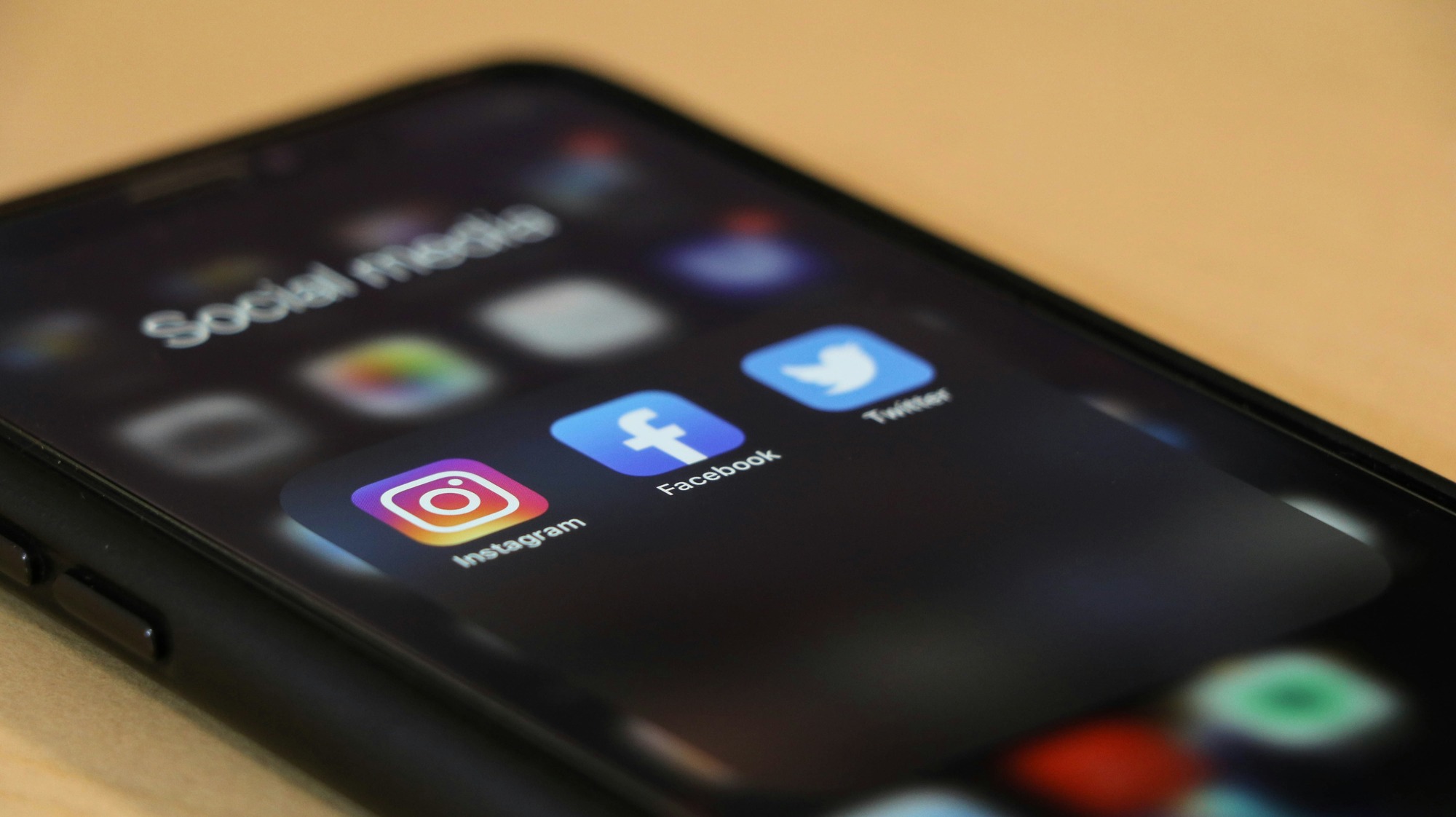Every generation has its fair share of panic about what the next one is doing “wrong.” For many Boomers, the cultural shifts that began in the late 20th century—technology, music, parenting styles, and social attitudes—seemed like a fast track to moral collapse. Headlines warned of laziness, entitlement, and social decay. But decades later, it’s worth revisiting some of those generational anxieties with a more objective lens.
As it turns out, many of the trends and habits once blamed for “ruining society” have actually contributed to progress, connection, and improved well-being. The truth is, what looks like chaos to one generation may simply be change to another. And in some cases, those shifts weren’t the end of civilization. They were steps toward a more inclusive and adaptive world.
Video Games Didn’t Rot Kids’ Brains. They Built Skills
Video games have long been a boogeyman for older generations. Critics said they would destroy attention spans, encourage violence, and discourage social interaction. But research has shown that gaming can improve problem-solving, hand-eye coordination, and even social connection, especially through multiplayer and online communities. Many careers in tech, design, and storytelling today trace their roots back to the skills developed through early gaming.
Tattoos and Piercings Didn’t Kill Professionalism
There was a time when visible tattoos or multiple piercings were considered a one-way ticket to unemployment. Boomers often viewed body art as rebellious or unprofessional. Yet today, workplaces are more inclusive than ever when it comes to personal expression. In many industries, what someone looks like matters far less than what they can do. Rather than lowering standards, embracing individuality has helped make companies more dynamic and diverse.
Working From Home Isn’t a Sign of Laziness
Remote work was once dismissed as a pipe dream or something only unmotivated people wanted. The belief was that true productivity only happened under fluorescent lighting and supervision. But the pandemic proved otherwise. Entire companies not only survived but thrived with remote teams. Employees found greater work-life balance, less burnout, and more autonomy—benefits that have reshaped how society thinks about work.
Therapy Isn’t Self-Indulgent. It’s Survival
Boomers often grew up in a culture of emotional stoicism where therapy was stigmatized and mental health issues were kept private. Expressing feelings or seeking help was seen as weakness. Now, therapy is widely accepted, and often encouraged, as a tool for self-awareness and emotional resilience. In fact, prioritizing mental health has helped many break generational cycles of dysfunction and silence.

Social Media Didn’t Destroy Communication. It Evolved It
When platforms like Facebook, Instagram, and TikTok emerged, many predicted the end of real conversation. While it’s true that social media comes with downsides, it has also allowed people to stay connected across distances, build communities, and raise awareness about causes once ignored. It has become a platform for marginalized voices, a creative outlet, and even a tool for political change.
Not Wanting Kids Isn’t Selfish
Choosing to remain child-free was once considered selfish or unnatural. Boomers often viewed parenthood as a non-negotiable life step. But younger generations are increasingly opting out, not out of apathy, but from a place of deep consideration. Whether it’s environmental concerns, economic realities, or personal priorities, the shift reflects a broader understanding of what fulfillment and responsibility can look like.
Casual Clothing Didn’t Erase Respect
The decline of formal dress codes sparked worries about society losing its sense of respect or decorum. But dressing casually hasn’t meant a decline in values. It has, in many ways, leveled the playing field. Comfort and functionality have replaced rigid fashion rules, encouraging authenticity and making many workplaces more accessible to a wider range of people.
Gender Fluidity Didn’t Break Society
Perhaps one of the most controversial topics across generations is the evolving understanding of gender and identity. While some Boomers feared that questioning traditional gender roles would lead to confusion or societal breakdown, the result has been quite the opposite. Greater acceptance of gender fluidity has created safer spaces, improved mental health outcomes for LGBTQ+ youth, and led to richer conversations around identity, equity, and inclusion.
Rethinking the Past to Understand the Present
What many Boomers saw as threats to tradition have often turned out to be signs of progress. It’s easy to fear what’s unfamiliar, especially when it challenges the norms people were raised to uphold. But history has shown that cultural evolution is not only inevitable. It’s often necessary.
The irony is that much of what was predicted to tear society apart has, in fact, helped make it more adaptable, open-minded, and resilient. Maybe the lesson isn’t about who was “right” or “wrong,” but about keeping an open mind as the world continues to change.
What’s something older generations warned against that you now see as a net positive? Or, do you think some of their concerns were valid after all?
Read More:
14 Great Habits Baby Boomers Still Do And So Should You
Why Some Boomers Think Everyone Else Just Isn’t Working Hard Enough
Riley is an Arizona native with over nine years of writing experience. From personal finance to travel to digital marketing to pop culture, she’s written about everything under the sun. When she’s not writing, she’s spending her time outside, reading, or cuddling with her two corgis.
Read the full article here














